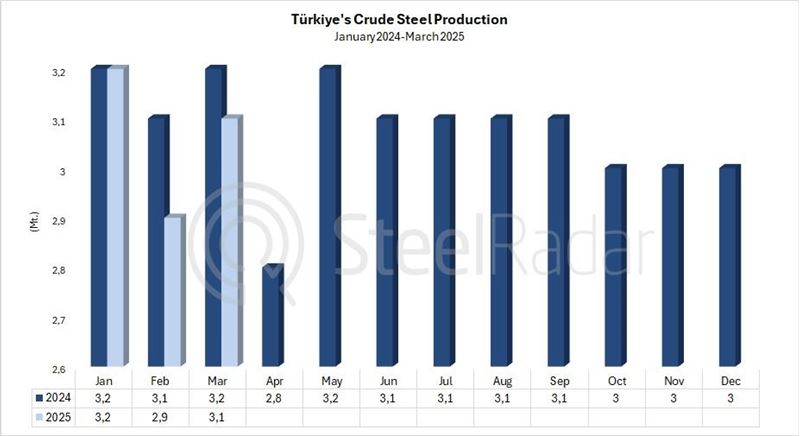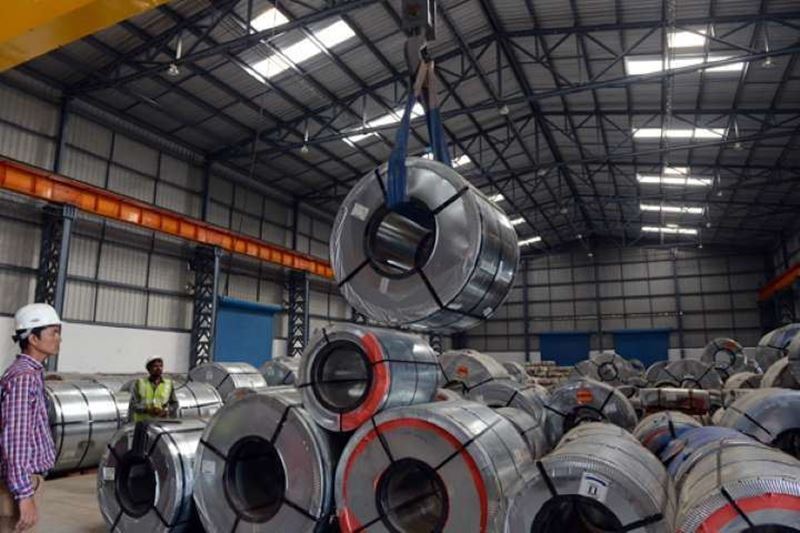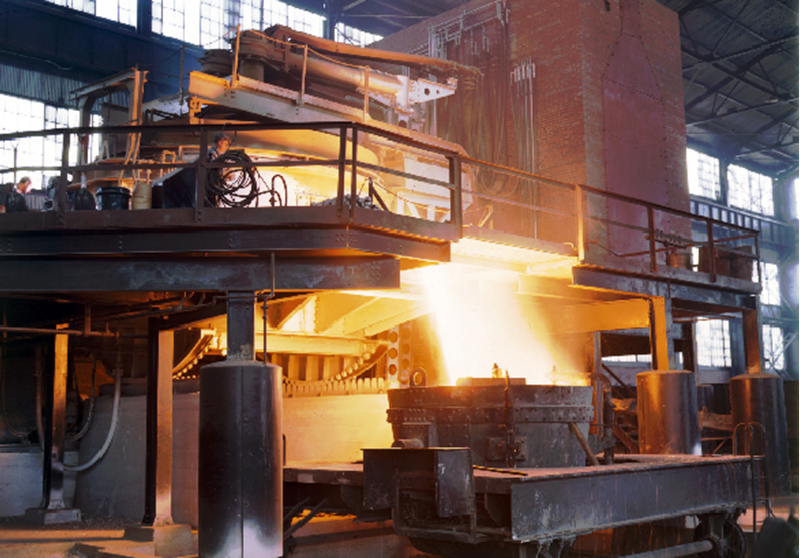Following the UK's departure from the European Union, significant changes are taking place in carbon emissions trading markets. Post-Brexit, the UK has its own Carbon Emissions Trading System (ETS), independent of the European Union.
However, British exporters are being warned that they may have to pay significant additional taxes under the European Cross-Border Carbon Adjustment Mechanism (CBAM) in the future, as carbon emission prices in the UK are currently lower than in the EU.
A major concern is what impact the UK's CBAM, which comes into force in 2027, will have on industry. Especially in sectors such as steel, cement and fertilizers, this tax regulation, which must be balanced with global competitors, could temporarily negatively affect British industry.
If Labour is elected, the party is reportedly interested in closer trade relations with the EU and harmonizing the UK's ETS with the EU's carbon tax regime. However, this harmonization process may face practical difficulties.
Shadow Business and Trade Secretary Jonathan Reynolds emphasized that the timing of CBAM is a serious concern for the industry, while industry representatives argue that merging the ETS schemes could provide a more stable and less uncertain market.
In summary, the post-Brexit regulatory differences and new tax regulations, such as CBAM, bring about a significant adaptation process for the UK industry. Labor's policy approach on this issue may greatly affect how the industry will be shaped in the coming period.











Comments
No comment yet.